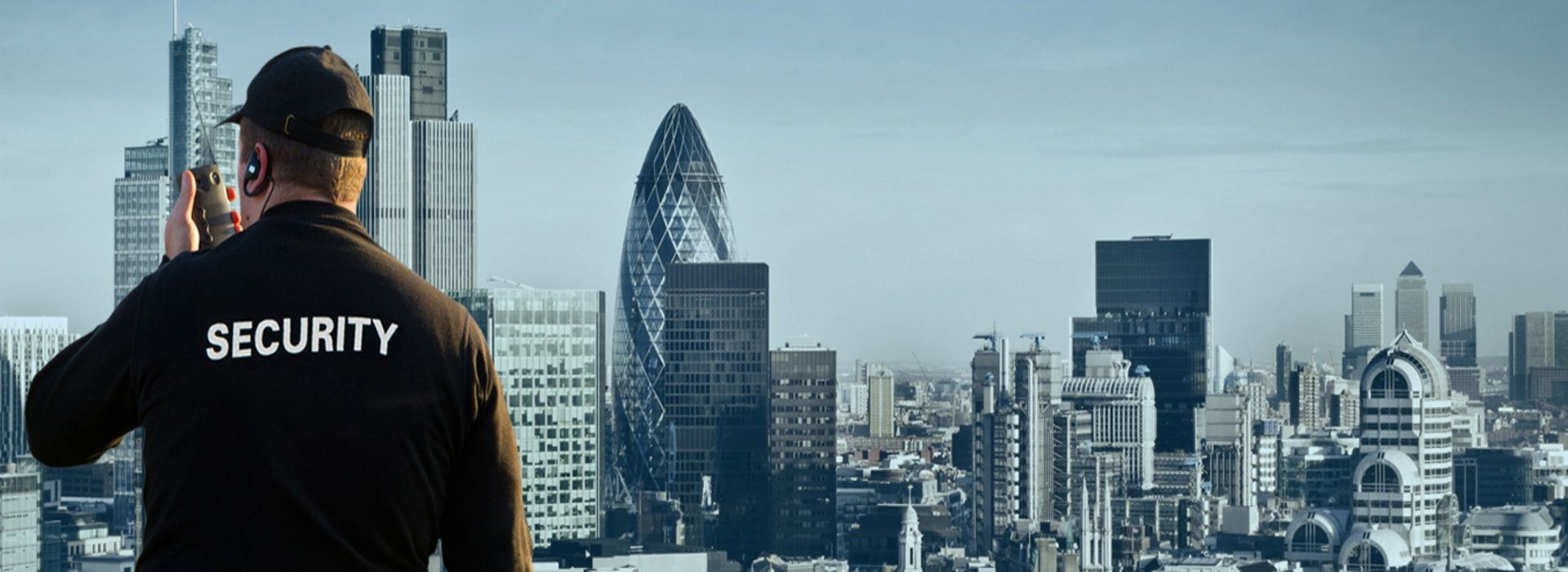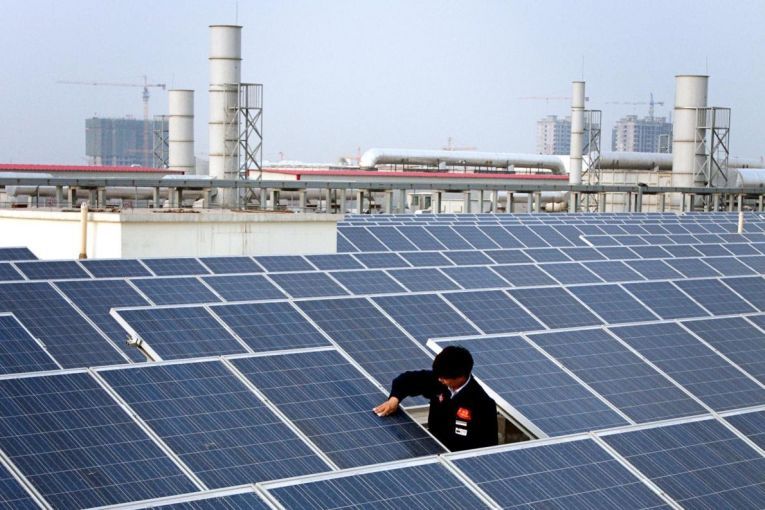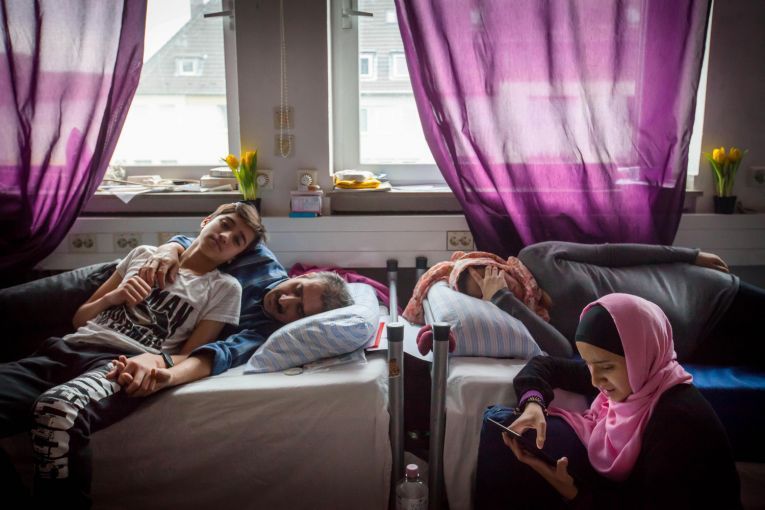Claire Provost
In a trend that highlights the growing global gap between rich and poor, grantee Claire Provost reports in The Guardian that at least half the world’s population lives in countries where there are more private security workers than public police officers. “More than 40 countries—including the U.S., China, Canada, Australia and the UK—have more workers hired to protect specific people, places and things than police officers with a mandate to protect the public at large, according to the data,” she says. In the U.S., there are as many private security guards as there are high school teachers.
Beth Gardiner
While the Trump administration tiptoes away from the Paris agreement on global warming, the Chinese government is going all in on renewable energy. Grantee Beth Gardiner explains China’s logic: It has atrocious air pollution. It believes climate change is real. And it wants to be a "manufacturing monster" in renewables too.
A Refugee, Through His Own Lens
Diana Markosian
For a deeper understanding of how a refugee sees the world, photojournalist and Pulitzer Center grantee Diana Markosian turns the camera over to a 14-year-old Afghan boy in Germany.


